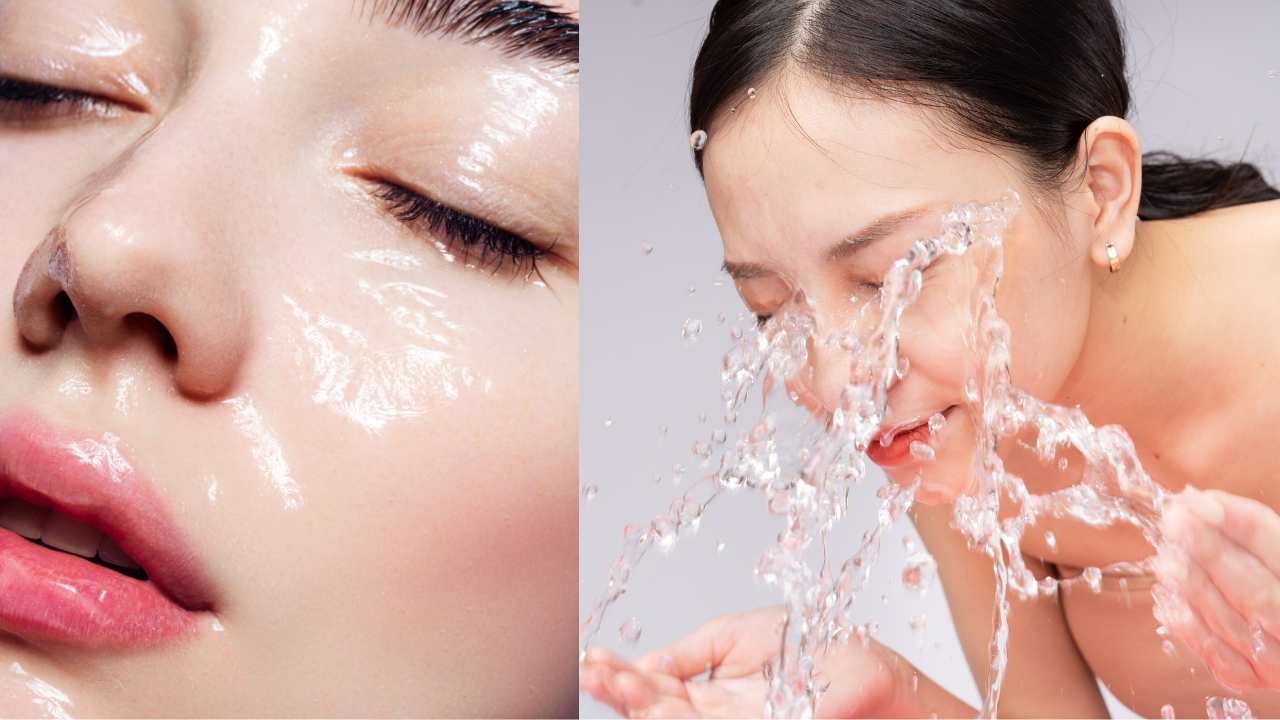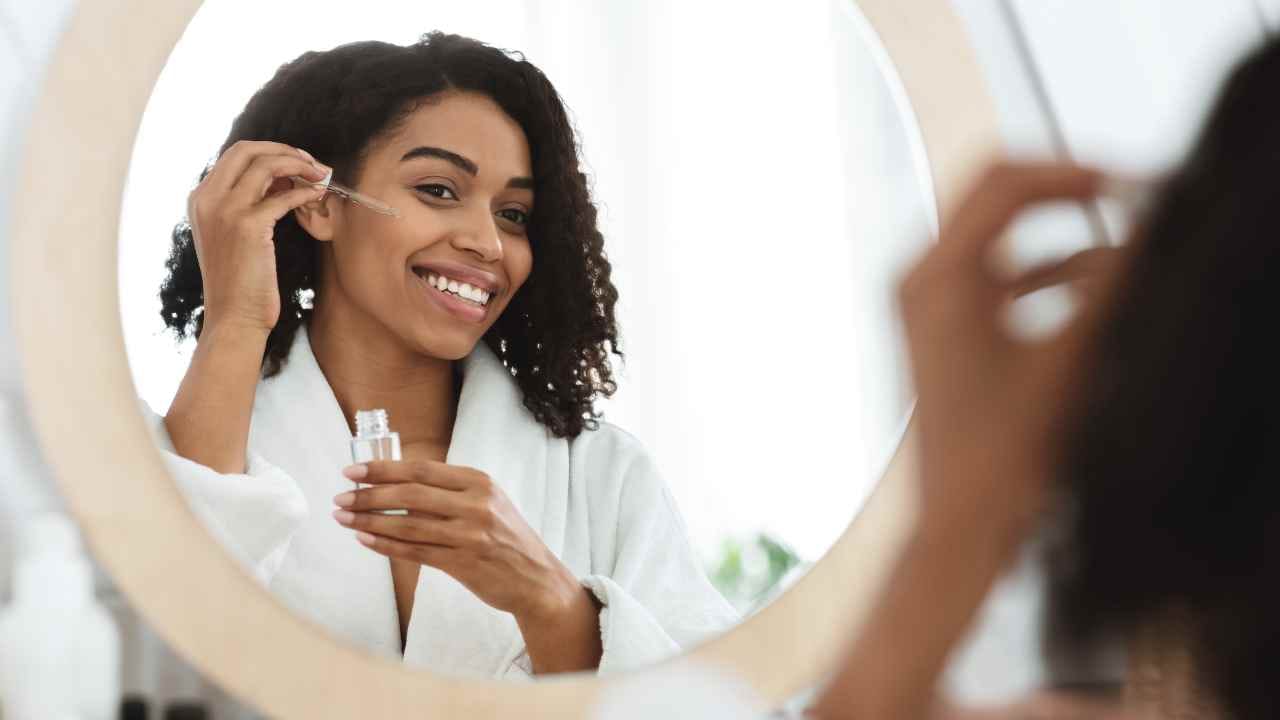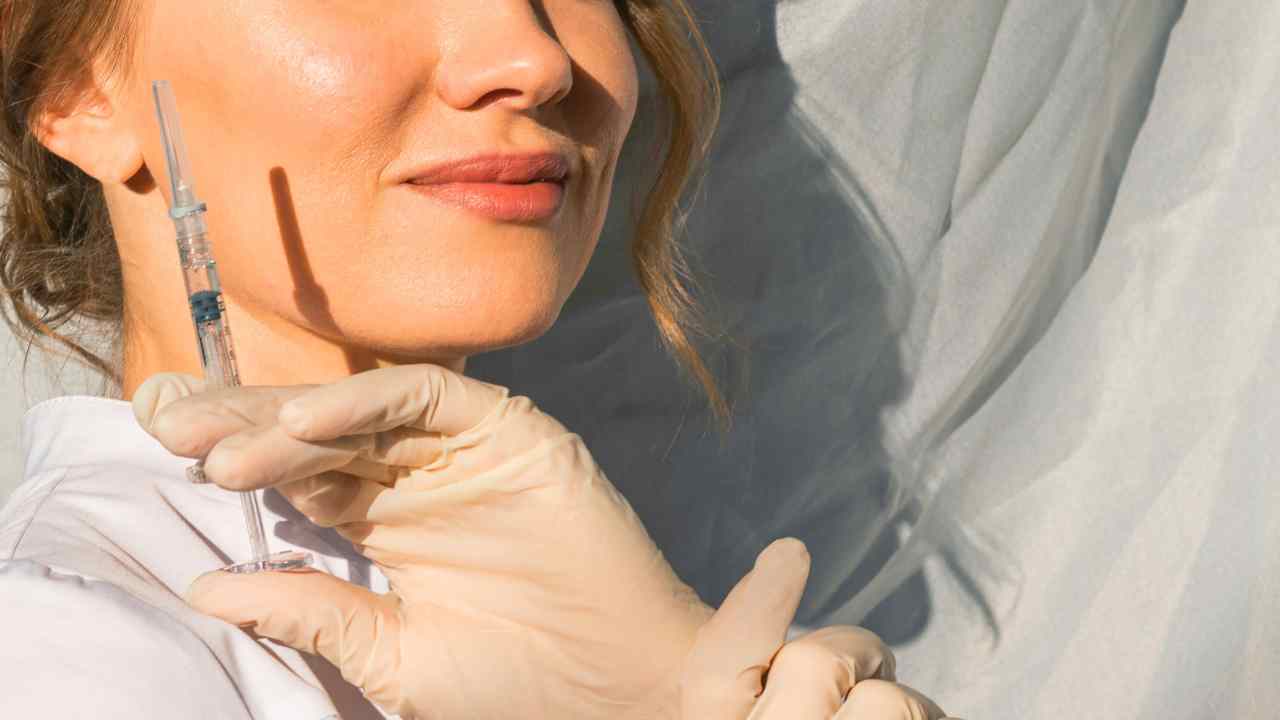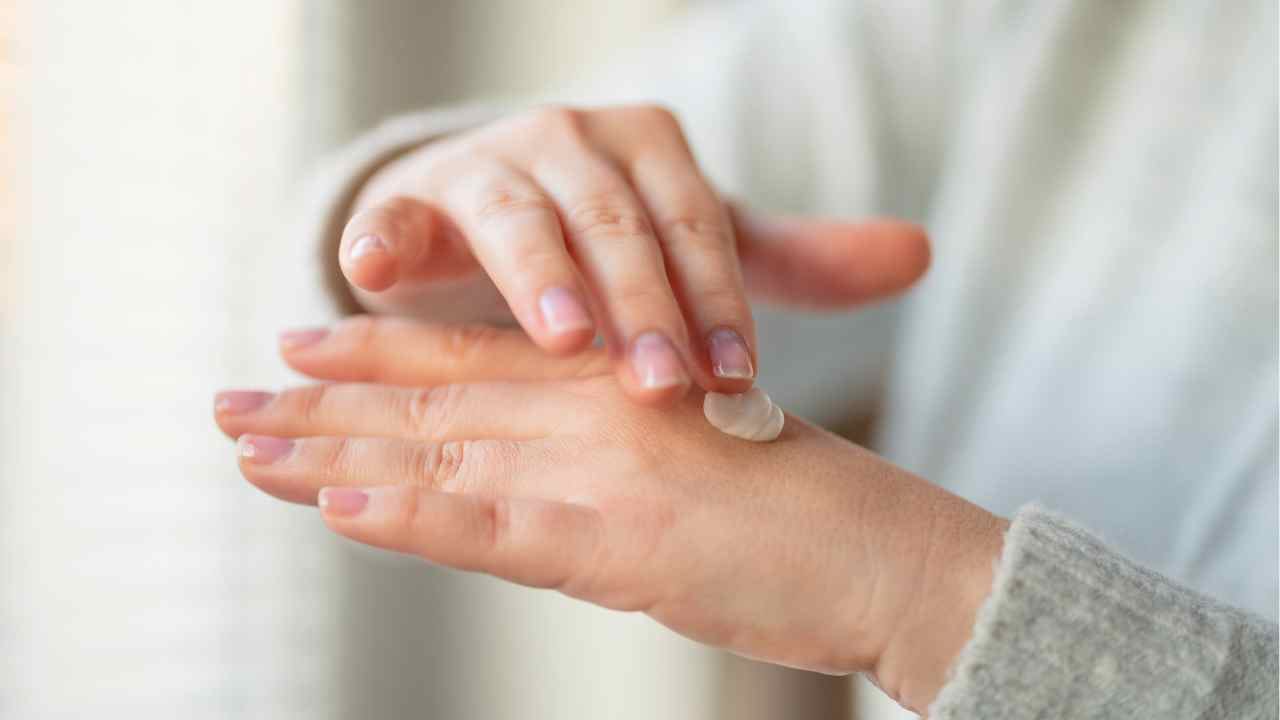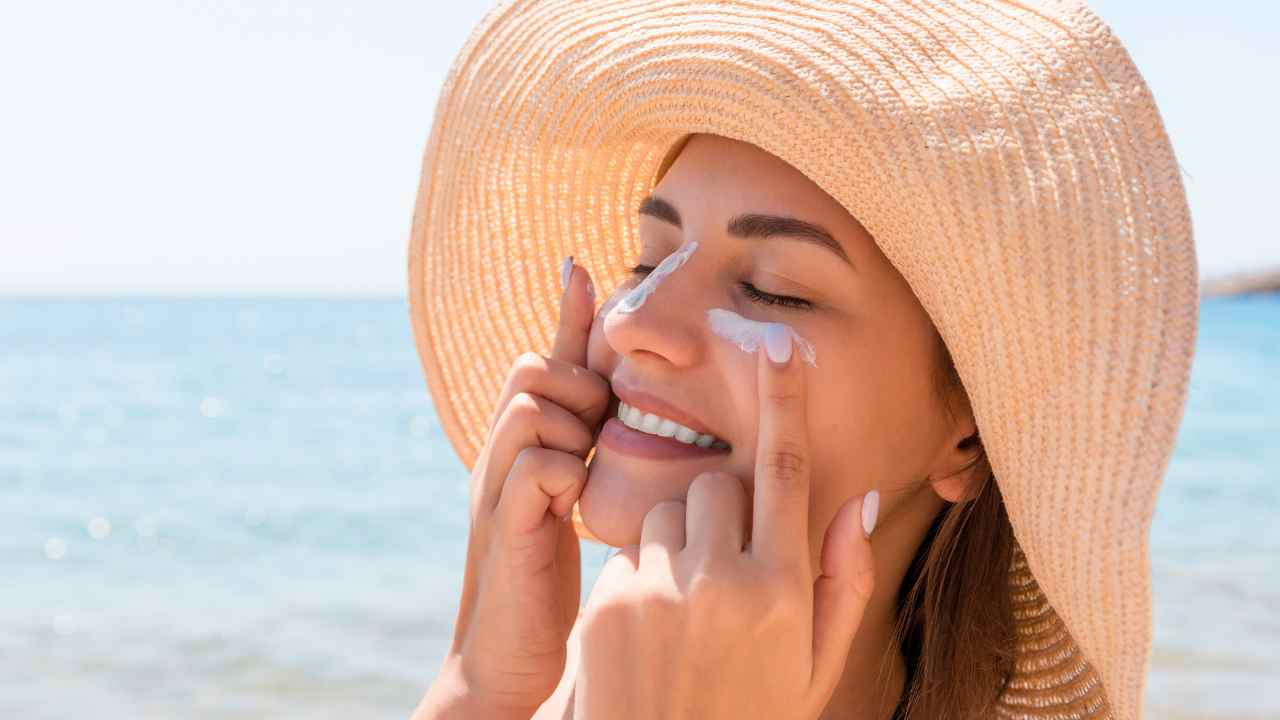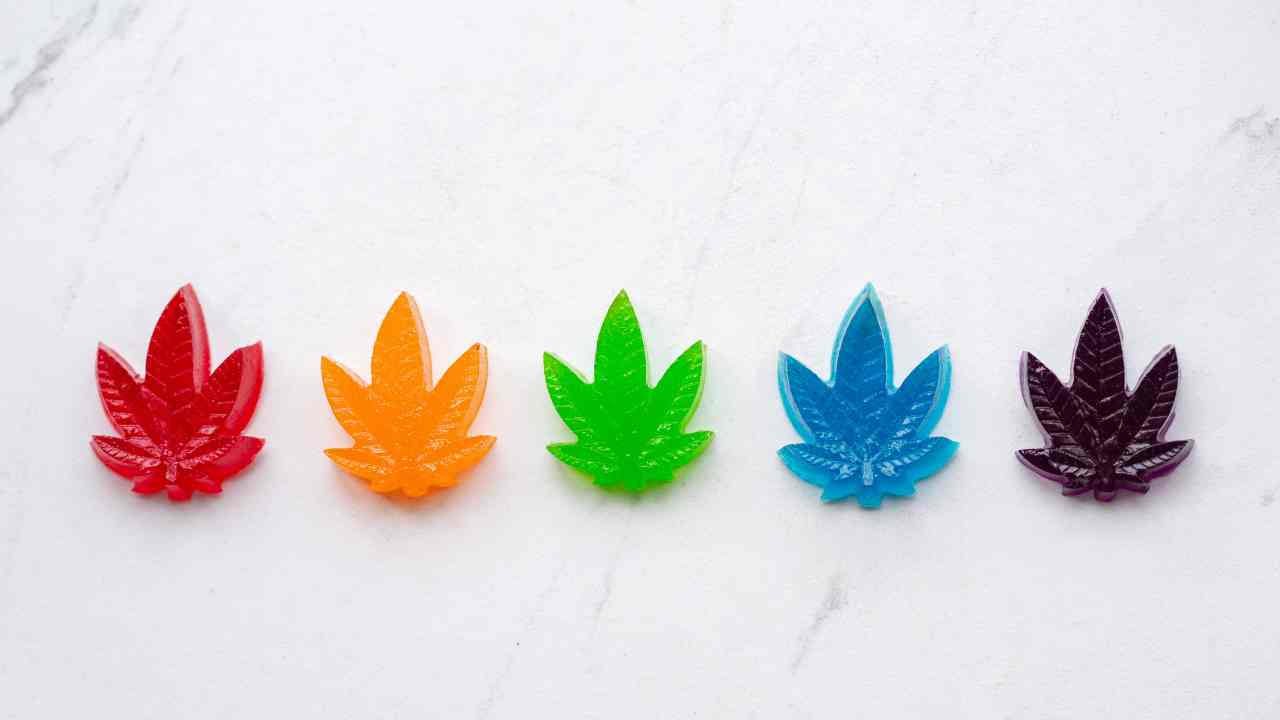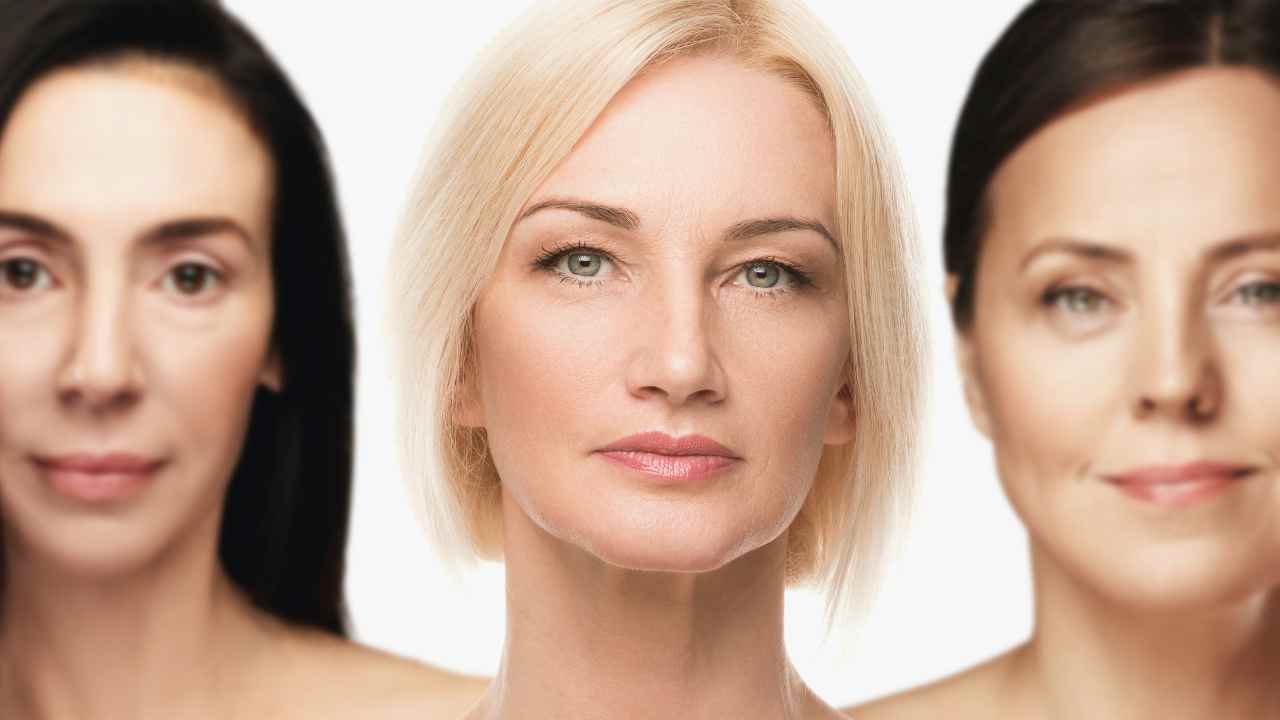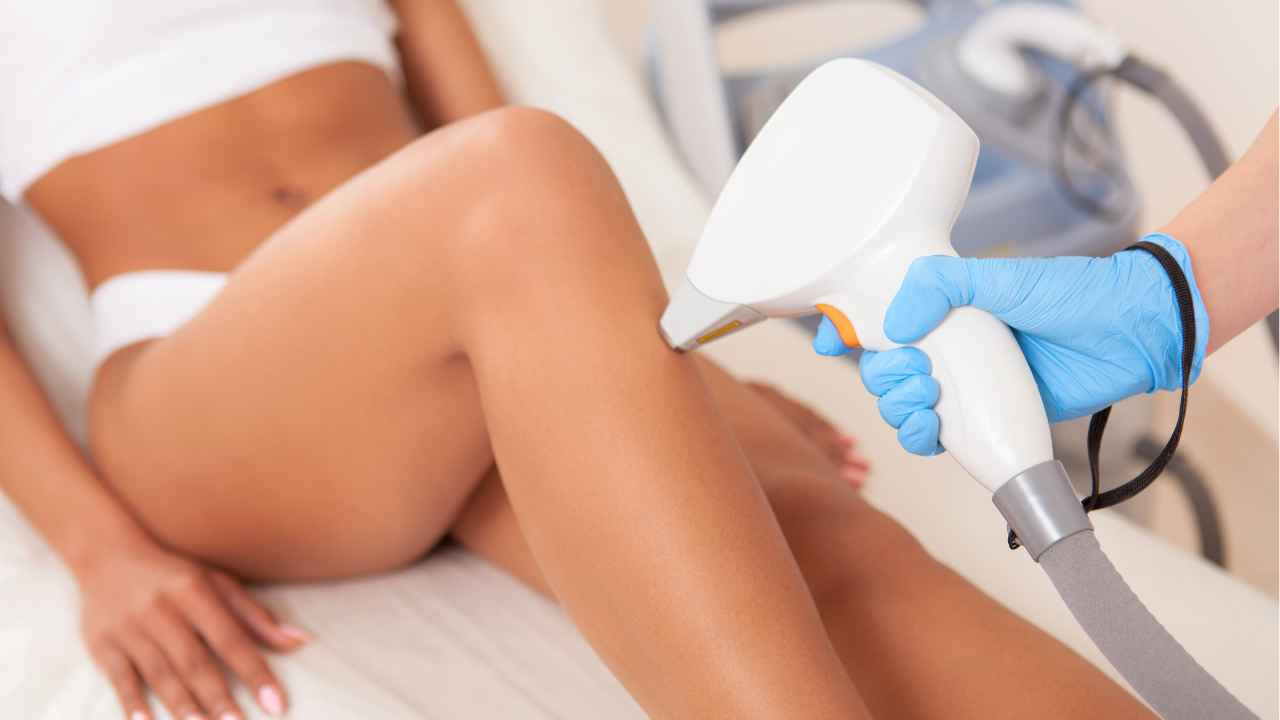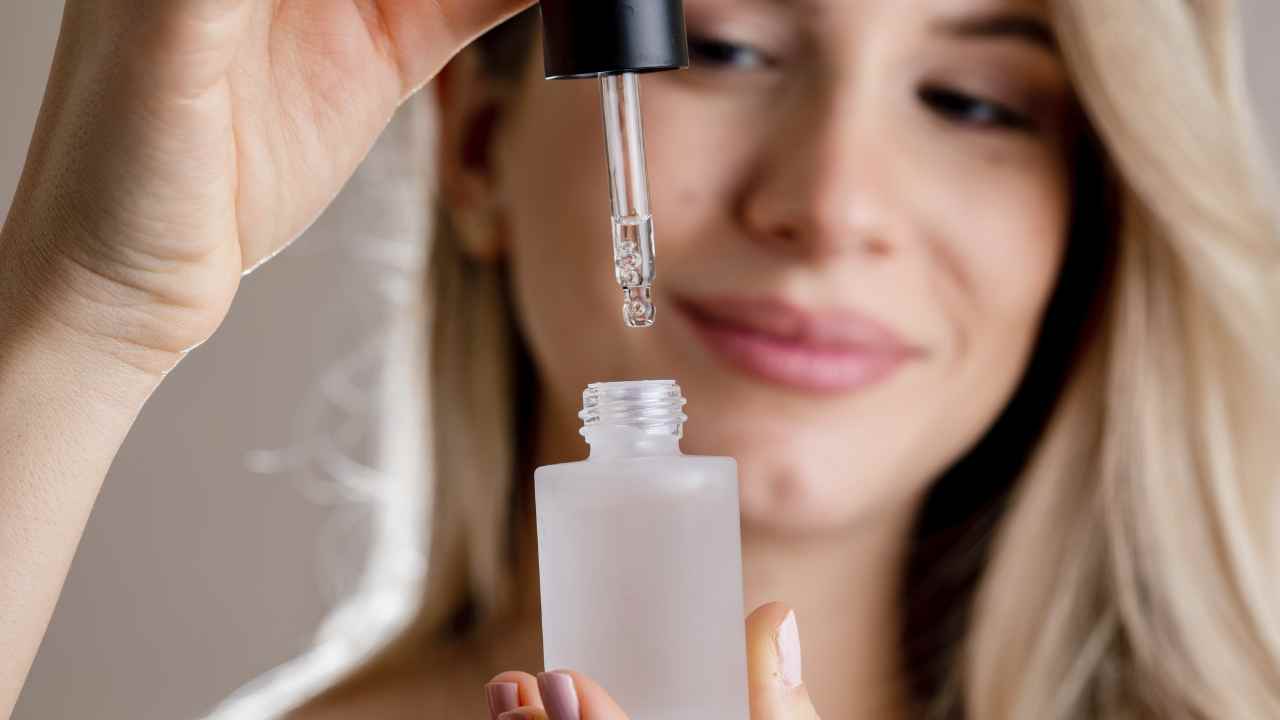
Clearer, Calmer Skin: Is Niacinamide Good for Rosacea?
Are you one of the many people who struggle with rosacea? You're not alone!
Thousands of individuals experience the frustration and embarrassment that comes with having reddened skin, flushing, and even acne-like bumps all over their faces. Well don't throw in the towel just yet - there may be hope on the horizon for those struggling to find a solution.
Niacinamide has been making waves as an effective treatment for rosacea and showing real promise in providing relief from this bothersome condition.
In this post, we'll take an in-depth look at niacinamide: what it is, how it works to treat rosacea, and any potential side effects or risks associated with it.
So if you're ready to try something new (and get your beautiful complexion back), then let's dive right in and see if niacinamide can really help our redness woes!

Understanding Life with Rosacea
Rosacea is one of the most common inflammatory skin conditions that affects the face, and its effects can be frustrating for those who have been diagnosed.
Primarily characterized by redness of the cheeks, nose, chin, and forehead as well as skin pigmentation and visible blood vessels in affected areas, rosacea can leave sufferers feeling embarrassed and self-conscious.
In addition to increased facial redness or flushing when triggered by certain activities (such as drinking alcohol or eating spicy foods) symptoms of rosacea can include acne-like breakouts on the face along with dry skin patches and swelling. Many people confuse rosacea with acne and pursue other acne treatments instead of treating the skin for rosacea instead.
As if these physical effects weren’t difficult enough to deal with; many people suffering from rosacea also experience depression due to the way their skin looks or feels.
It is important to note that while there is currently no known cure for rosacea, there are numerous treatments available depending on symptom severity which may help reduce inflammation in affected areas and minimize flareups related to environmental triggers like over sun exposure or high temperatures.
Having rosacea means careful consideration when selecting skincare products such as selecting a niacinamide containing facial moisturizer.
It is essential to adopt a gentle skincare approach, avoiding potentially aggravating ingredients that can worsen rosacea symptoms.
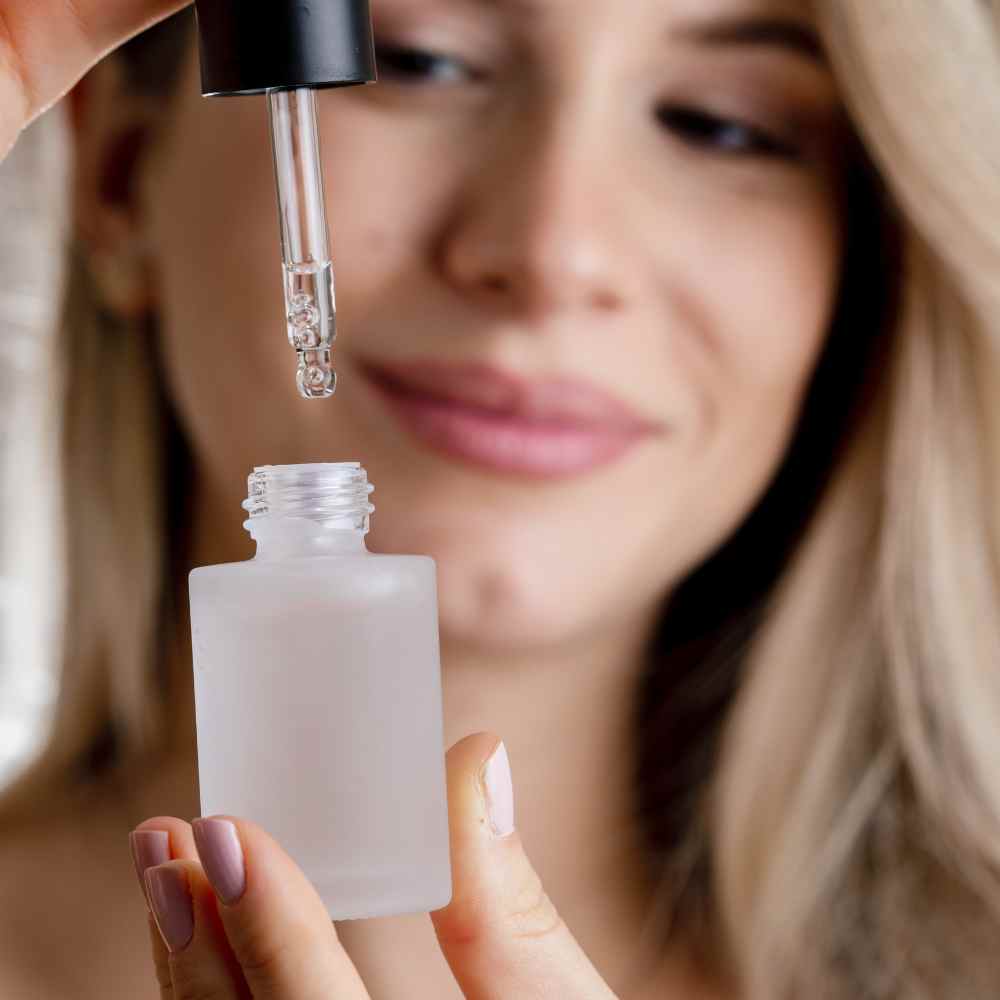
What is Niacinamide?
Niacinamide, or nicotinamide, is a form of vitamin B3. It has several important biological functions which promote healthy skin and overall wellbeing.
Oral and topical niacinamide helps the body absorb and process amino acids, carbohydrates and fats from the diet to create energy for skin cells to use. It also plays a role in producing new proteins used for cell growth and promotes skin elasticity.
Additionally, niacinamide stimulates circulation which brings oxygen-rich blood to the skin’s surface assisting with skin health and appearance by promoting healing processes such as repairing damage from UV exposure.
As an antioxidant, it fights off free radical damage that can age our skin prematurely leading to wrinkles. Niacinamide is an amazing nutrient that can work wonders on your skin.
Niacinamide's Potential Benefits for Rosacea-Prone Skin
Niacinamide can offer several potential benefits for individuals with rosacea:
Redness Reduction: Niacinamide has been shown to help reduce facial redness associated with rosacea. It works by inhibiting the dilation of blood vessels, thereby diminishing the appearance of flushing and overall redness.
Anti-Inflammatory Effects: Rosacea is characterized by inflammation, and niacinamide's anti-inflammatory properties can help calm and soothe the skin. It may assist in reducing the frequency and severity of flare-ups.
Barrier Repair and Hydration: Niacinamide strengthens the skin barrier, helping to prevent moisture loss and enhance skin hydration. By improving the skin's barrier function, it can reduce sensitive skin and increase tolerance to external irritants.
Sebum Regulation: Niacinamide can help regulate sebum production, which may be beneficial for individuals with rosacea who experience oily or combination skin. It can contribute to a more balanced complexion.
Dr. Whitney Bowe, a dermatologist, says niacinamide is great for rosacea:
@drwhitneybowe Here’s your NIACINAMIDE Cheat Sheet! #thatboweglow #niacinamide #healthyskin #skincare #doctorsoftiktok
♬ I HEAR YOU [INSTRUMENTAL] - Vicetone
@drwhitneybowe
TikToker and rosacea sufferer Hannah shares her passion for niacinamide and explains how it gave her clear skin in this video:
@hannahmapplethorpe Saved my skin with a 7€ serum? Lol okay. #skincare #rosacea #niacinamide
♬ original sound - hannah
@hannahmapplethorpe
Incorporating Niacinamide into Your Skincare Routine
When incorporating niacinamide into your skincare routine for rosacea-prone skin, consider the following tips:
Choose Quality Products: Look for skincare products specifically formulated with niacinamide and without potentially irritating ingredients such as fragrances or alcohol. Opt for reputable brands known for their quality and effectiveness.
Patch Test: Perform a patch test on a small area of skin to ensure your skin tolerates niacinamide well and does not react negatively to the ingredient.
Start Slowly: Introduce niacinamide into your routine gradually. Begin with a lower concentration and use it once or twice a week, gradually increasing frequency as your skin tone adjusts and tolerates it.
Combine with Other Rosacea-Friendly Ingredients: Niacinamide can be used in combination with other ingredients known for their soothing and calming properties, such as aloe vera, green tea extract, or chamomile.
Consistency is Key: To experience the full benefits of niacinamide, consistency is crucial. Incorporate it into your skincare routine regularly and give it time to work its magic.
Consultation with a Dermatologist
While niacinamide can be a valuable addition to your skincare routine for rosacea, it is always wise to consult with a dermatologist or skincare professional.
They can provide personalized advice based on your specific skin concerns, severity of rosacea, and any other underlying conditions.
They may recommend specific niacinamide formulations or suggest alternative treatments that better suit your skin's needs.
They will also suggest you use SPF along with your niacinamide products to prevent skin cancer prevention.
Don't Be Afraid of Niacinamide!
Niacinamide is an incredible discovery for individuals struggling with rosacea.
Not only does it show potential or reducing redness, acting as an anti-inflammatory, and providing barrier repair, but some people find that sebum regulation occurs when using niacinamide in a skincare routine.
The only necessary caution is to be sure to choose high-quality products and consult with a dermatologist for personalized advice.
With consistent use and the right approach, niacinamide could be your go-to secret weapon for keeping rosacea symptoms under control and maintaining overall skin health. So take a chance on niacinamide - just make sure you get the good stuff!
You may also want to consider both vitamin C serum and hyaluronic acid as part of your skincare routine. Tap the button below to see how it can help your rosacea.



